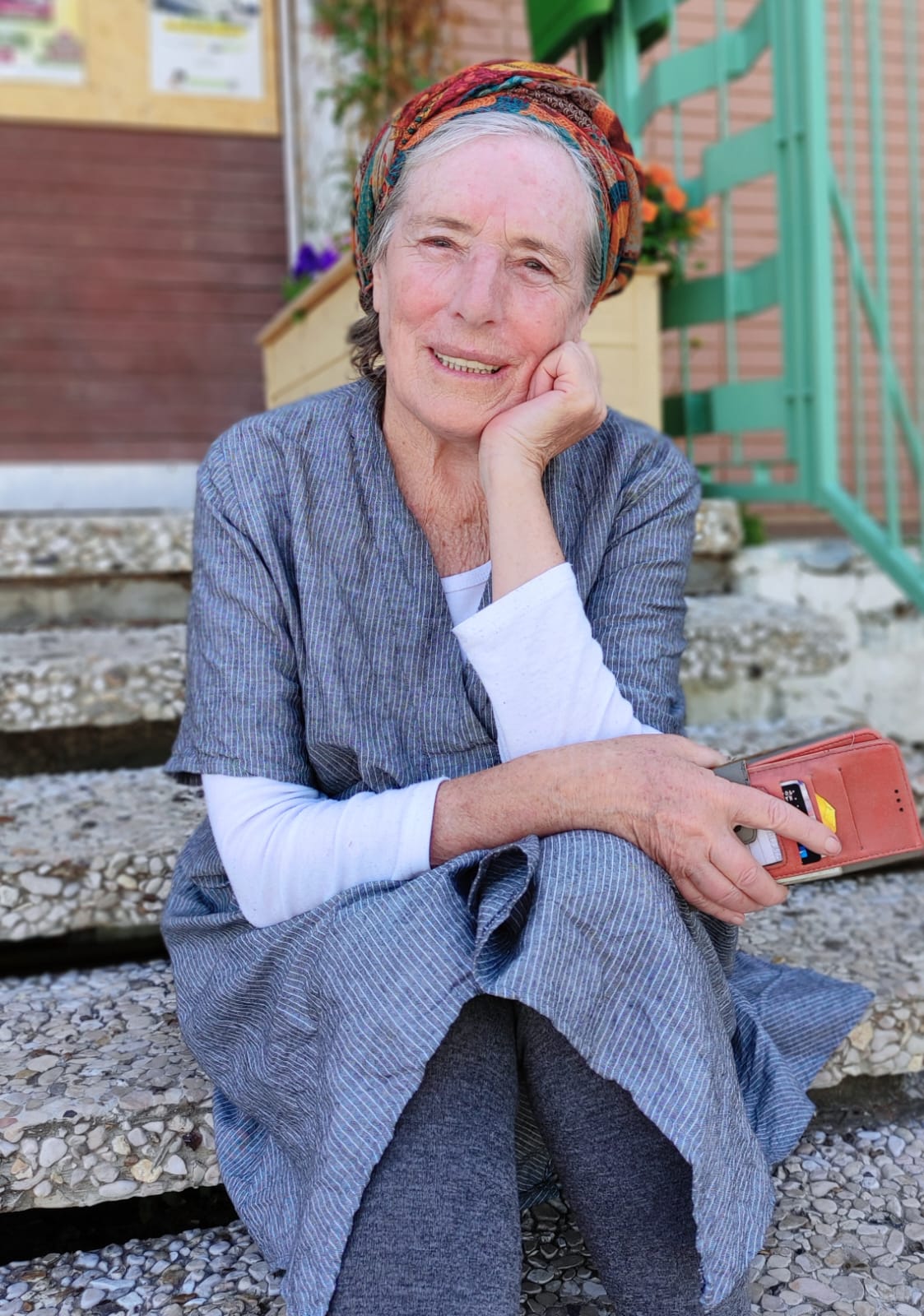
To the State of Israel and all its inhabitants,
I write to you, my beloved country. We are the same age, and just like me, you have had so many adventures. You grew and developed over time. You’ve been through upheavals, crises, and wars, but you are still alive, carrying with you an ancient dream and a great hope for peace and redemption.
The Land of Israel is called “Eretz Hatzvi”. The Tzvi (Gazelle) symbolizes longing. Longing for returning to the land of Israel after thousands of years in exile, and fulfilling thousands of dreams. Each person and their own dream.
Such a grouping of cultures creates gaps, disputes, and conflicting ideologies. Multiculturalism has become increasingly difficult, with ideological camps becoming cocoons that threaten the common path. And so, we have arrived at our 75th year in a state of confusion, witnesses to disagreements that are becoming more powerful and divisive. Suddenly, we encounter an existential fear and face the big questions: what kind of a People are we? What binds us together?
Perhaps, this is an opportunity to recreate Israeliness, from a place of deep understanding regarding the role of a Jewish State in the land of Israel and its role in the entire world. To connect approaches of traditionalism with liberalism, liberty and freedom, all while going back to our scriptures and embracing universalism, to forge a unique national identity. This intercultural encounter, social integration, and shared grappling with shared existential challenges can create a new language.
“Eretz Hatzvi” (the land of the Gazelle), symbolizes expansion and flexibility. Just like the skin of the Gazelle, it can be stretched over and over.
Rabbi Abraham Isaac Kook, at the beginning of the twentieth century, predicted a great spiritual renewal that will occur when we come back to the land. The Jewish People, the Torah that will grow in the land of Israel, will change the face of Judaism.
The Kingdom of Israel is known for inclusion - its strength lies in including all of its shades and colors. If even one shade will be missing, it will not be able to fulfill its destiny and its role in the world.
Inclusion also includes our Palestinian neighbors. Just like us, they are also connected to this land. Two People that God planted in the Holy Land - the Land of Peace - in order for both of us to work together towards creating peace. We both need to deepen our understanding of our joined roots and to establish a shared existential space, based on mutual respect and cooperation.
I hope we will succeed in this complicated assignment. For this, I pray today:
“Sim Shalom, Tova veBracha, Chaim, Chen v'Chesed veRachamim”
(Grant us peace, favor and blessing, life, grace and mercy).
Sincerely,
Rabbanit Hadassah Fruman


Rabbanit Hadassah Fruman teaches in Beit Midrash “Zohar Chai”. She is active in numerous encounters in Israeli-Palestinian society and in peace discourse.